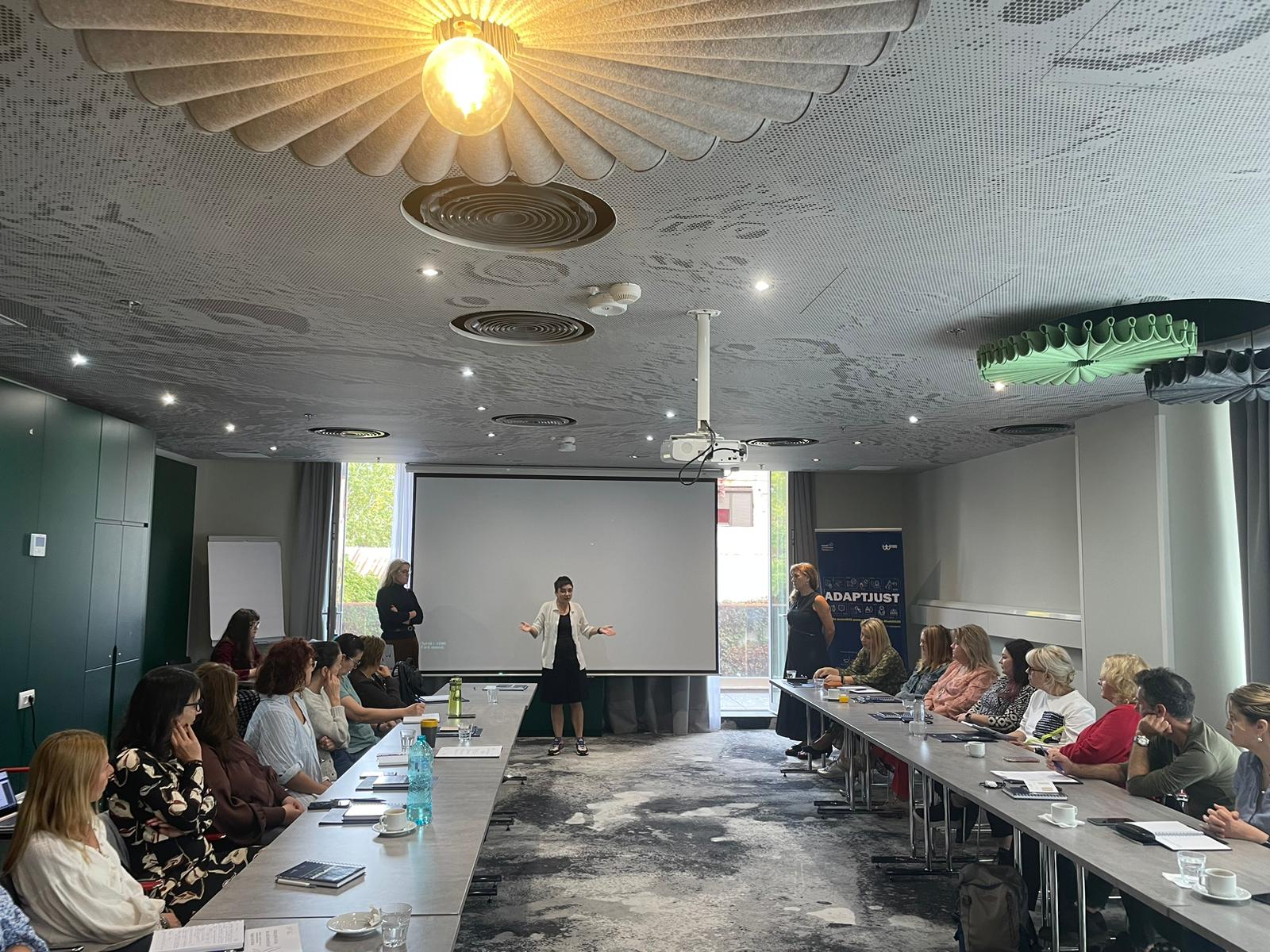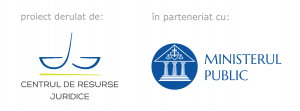States Parties shall ensure effective access to justice for persons with disabilities on an equal basis with others, including through the provision of procedural and age-appropriate accommodations to facilitate their active role as direct and indirect participants, including as witnesses, in all legal proceedings, including the investigative and other preliminary stages.
Convention on the Rights of Persons with Disabilities, Article 13 – Access to Justice
In the 20 meetings in the form of training sessions, which we conducted at national level with experts in the field of justice and psychosocial field, it was once again stressed to us that one of the most important components of access to justice for people with intellectual and/or psychosocial disabilities is appropriate accommodation:
- intermediaries or facilitators,
- adaptations and procedural changes,
- environmental adaptations, and
- communication support.
There are many barriers in the justice system that hinder or even limit equal access to justice for people with disabilities: inappropriate language, speed of the process, lack of comfort, too strict rules, stigmatisation, dehumanisation, etc.:
I was a judge. I’ve ordered restraining orders, involuntary committals. I know what it’s like to be on the other side of the bench. I was translating from Romanian to Romanian.
Participant
On 21 and 22 October, we met with 30 psychologists and psycho-pedagogues to set up a network of court intermediaries: a neutral role designed to help people with disabilities in the justice system understand the whole process, ensuring effective communication between actors in the justice system and people with disabilities, so that the latter can actively participate in trials and make informed decisions.
This was followed by a series of practical activities in groups, in which learners put themselves in the shoes of an intermediary: they were given case studies on the basis of which they decided how and what needed to be made accessible, identified procedural adaptations needed according to the needs and requirements of each person, and when these should be established. They were presented with clear ways of making the message accessible through appropriate terms, pictures, objects and/or icons, and also of accommodating people: allowing people to enter the room with objects, allowing people to move around the room. We also discussed the various disabilities and how either these, or the treatment scheme, can influence listening in court.
During the two-day course we met people who were open to learning and applying techniques to interact with people with disabilities in the justice system. However, we believe that in every court, prosecutor’s office, police station and beyond, the position of intermediary and, implicitly, procedural adaptations, are essential in ensuring the active, participatory role of people with intellectual and/or psychosocial disabilities in the justice system.



 PROJECT INFO:
PROJECT INFO: